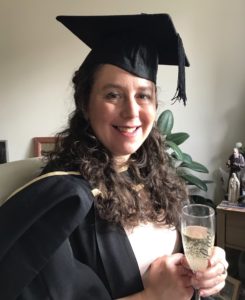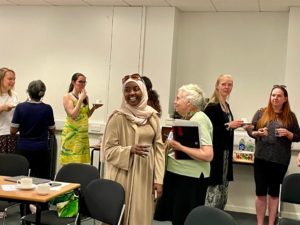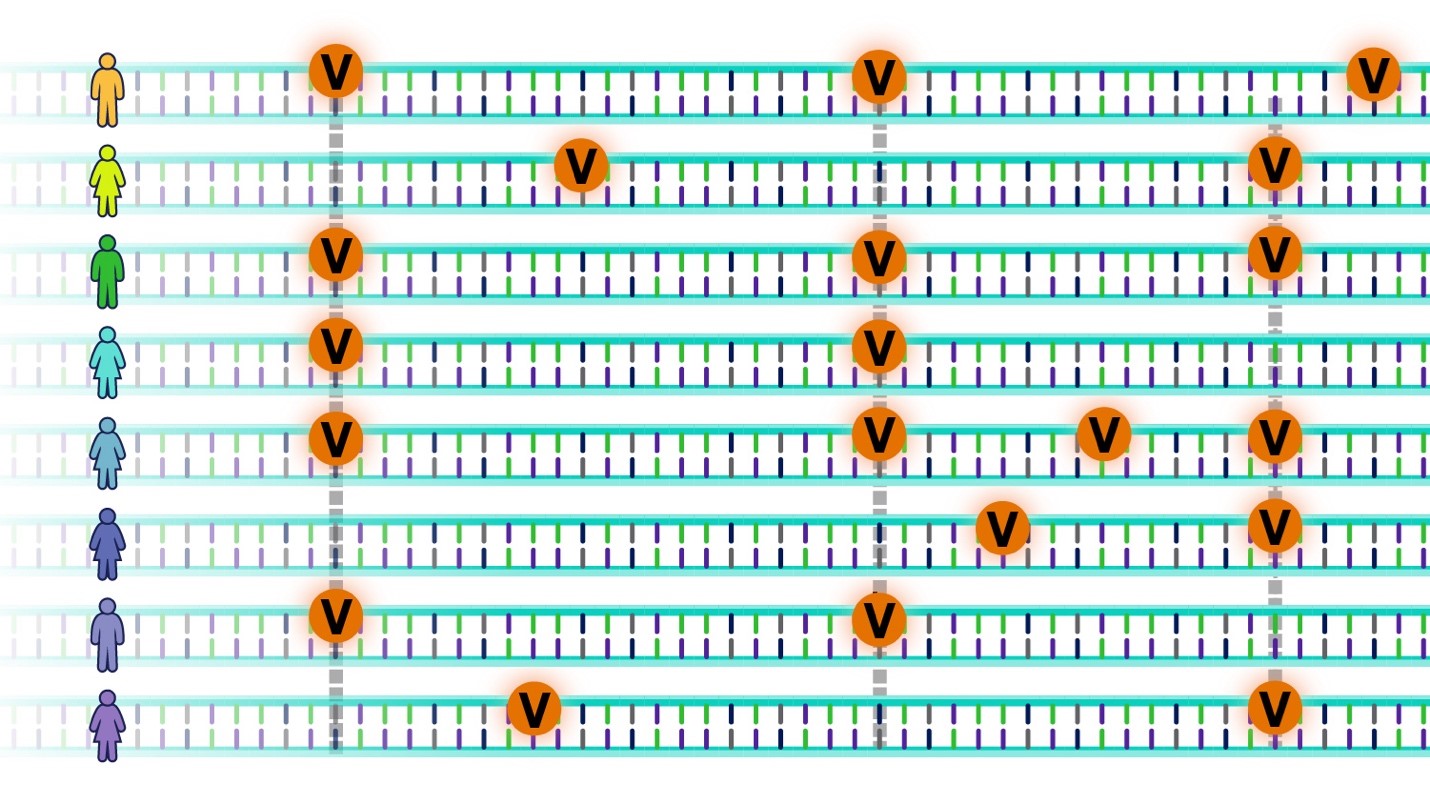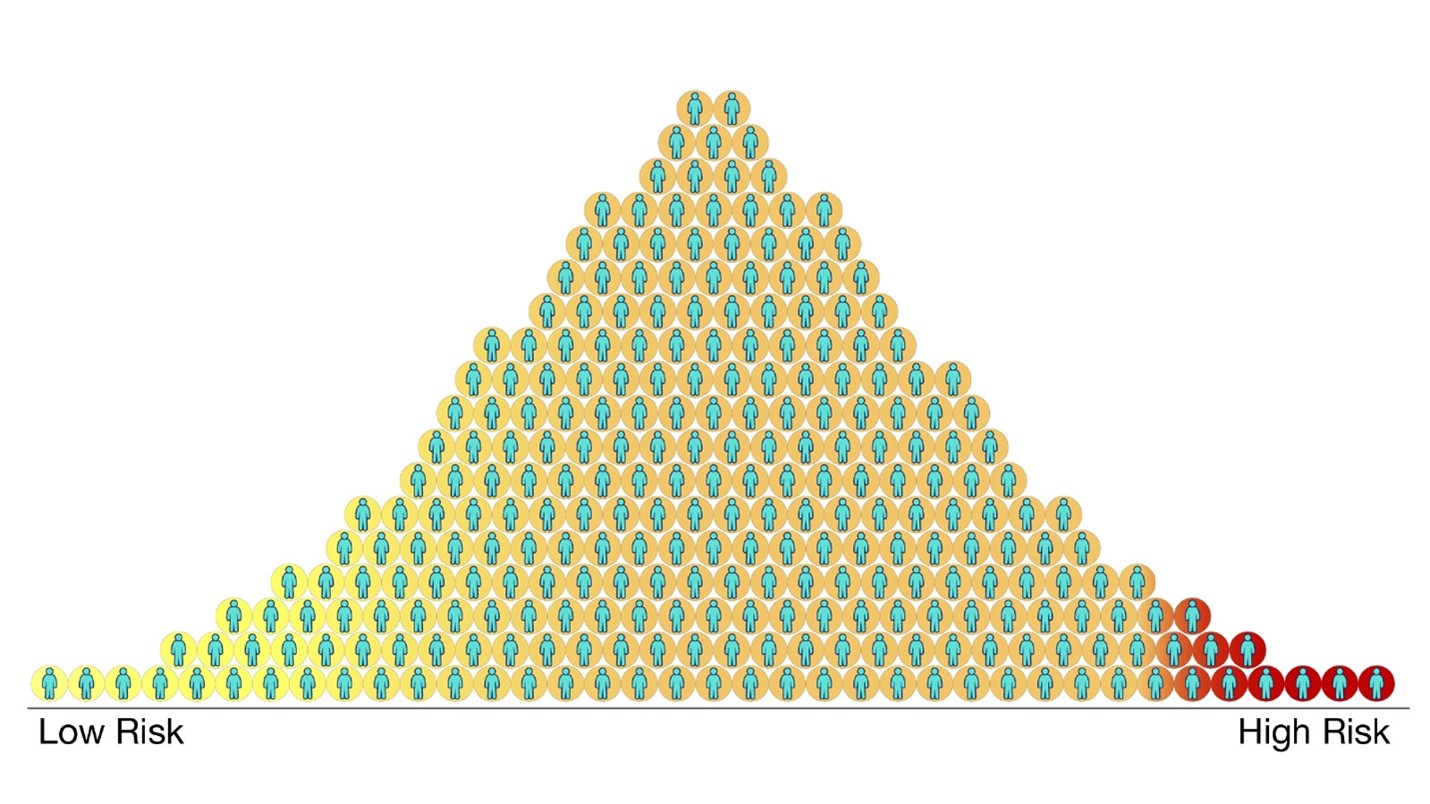Isabella Ghawi faced challenges during studying, including a brain tumour diagnosis, epilepsy and dyslexia. With the help of Birkbeck’s Disability Department and her steely determination, Isabella founded the Birkbeck Biological society and graduated in November with a BSc Biomedicine degree. Here is her #BBKgrad story.

Isabella Ghawi
What made you decide to study at Birkbeck?
I did a lot of research because I left school quite suddenly without A levels as I started to have epileptic seizures. After a long time, I decided I wanted to go back to university and study to be a neurophysiologist after my experience of working in a hospital.
I was searching for a good access to university course and chose Birkbeck as it had the best one. Unlike all the other places I looked at, it taught actual science. I knew that I wouldn’t just come out with a piece of paper, but I’d actually come out with real knowledge. After undertaking the Higher Education Introductory Course I decided to continue at Birkbeck to study a BSc in Biomedicine.
Did you face any challenges during your time studying? How did you overcome them?
I had a huge challenge in my first year. I already had epilepsy from the age of 18 and I had dyslexia. On top of that in my first year of biomedicine, I was diagnosed with a most likely cancerous brain tumour which meant I had to have a serious operation.
I overcame it, with the help of my family, my church and the people around me, but also with the support of Birkbeck – I’m especially grateful for the help and support I received from Dick Rayne, Mark Pimm and Jackie Saunder and many others. It was a learning curve for all of us, as we implemented new changes that were best for me at the time. So, with the help of all those people, I was able to continue and not just able to continue, but to really excel and exceed my expectations despite many difficulties.
Did you receive any additional College support whilst at Birkbeck and if so, how did this help you?
Birkbeck staff were a huge driving force because they were very understanding and supportive. The lecturers and the administration staff really helped me to develop resilience within myself and I kept going because they were so supportive. I also received a lot of help from the disability team. I received extra training on my computer with programmes that helped me with my dyslexia. There were a lot of assistive technologies that I was given, as well as a support tutor who was great and again, a real emotional rock. I also received a note taker and had extra time in exams which was helpful. Unfortunately, in a couple of my exams I had seizures, which were quite distressing. As a result, towards the end of my studies my exams were split, and I did them in smaller chunks which was extremely helpful. By the time it got to the last year, we had figured out what worked best.
What do you hope to achieve in the future?
Doing this degree has completely changed my expectations of what I can do in the future. Before doing this degree, I didn’t think I would be able to do much, but it’s made me really open to new opportunities. I really hope to continue to work in research, which is something I’d never dreamed of. I had never really done any lab work before this degree, but by the end of three years I was leaving the lab sessions thinking that if I could go back to the lab every day for the rest of my life, I’d be a very happy person. So, I would really love to work in a scientific laboratory.
This degree has also made me think that maybe there could be other things out there that I would be good at that I haven’t experienced yet. Now I’m looking for a job, hopefully in research, to gain more experience and then perhaps go back and do a PhD when I have more experience in the field, because I feel I really need more hands-on experience.
What advice would you give to someone who is thinking of studying at Birkbeck?
I would say go for it and give it a try, you will surprise yourself with what you can achieve. If you have any doubts or problems, there is so much help and support out there. I would also strongly suggest being open about your difficulties from the beginning with the staff. If you do have a busy life and lot to cope with, for example if you have children, work commitments, health problems or caring commitments, the opportunity of doing part-time is well worth taking.
Studying at Birkbeck is a truly great experience, I would strongly recommend others go for it and give it a try. I don’t think you’d regret it, I certainly haven’t.
Further Information




 After 15 years spent raising her six children, Rudo Supple felt ready for a new challenge. Having studied Economics and Japanese as an undergraduate, Rudo couldn’t shake the feeling that maybe she’d made the wrong choice about what to study at A-level, and decided to look into going back to university to study science.
After 15 years spent raising her six children, Rudo Supple felt ready for a new challenge. Having studied Economics and Japanese as an undergraduate, Rudo couldn’t shake the feeling that maybe she’d made the wrong choice about what to study at A-level, and decided to look into going back to university to study science.